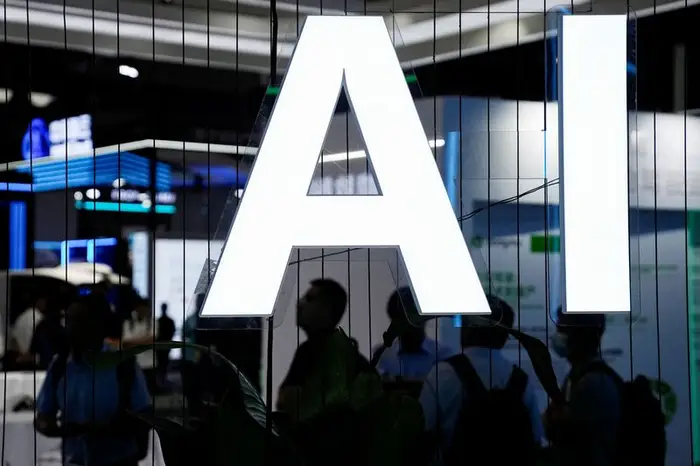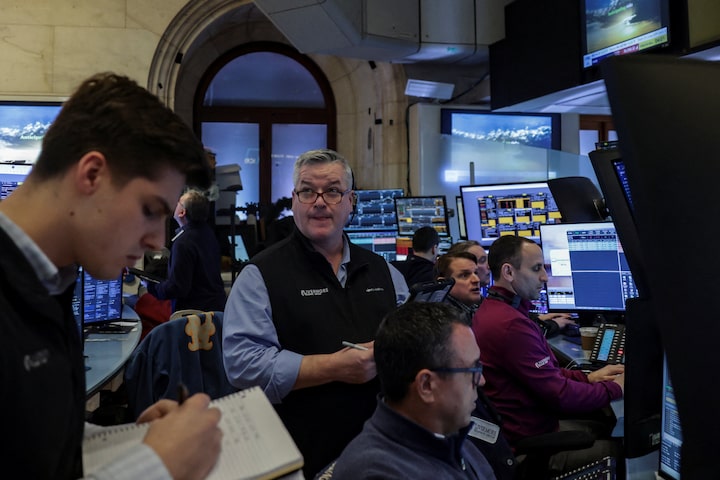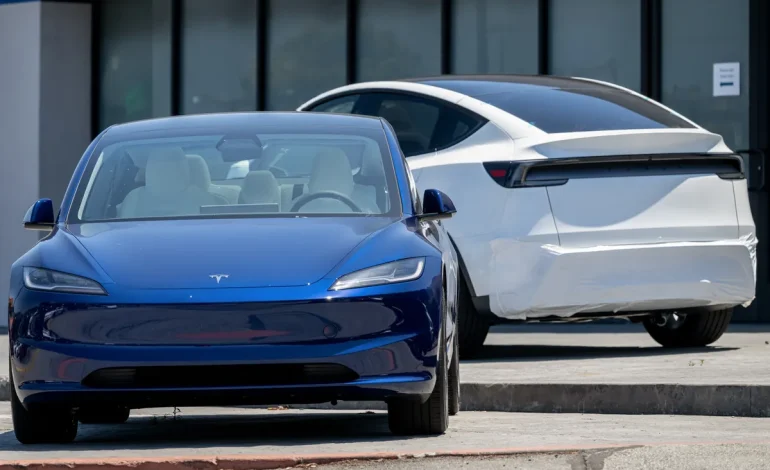Tesla Inc. is facing its most prolonged sales slump in years, with electric vehicle deliveries on track to decline for a second consecutive year, Bloomberg reports.
While CEO Elon Musk’s political alignment has stirred controversy and alienated some potential buyers, industry analysts suggest that the company’s challenges go well beyond recent backlash tied to his public persona.
Tesla’s vehicle deliveries fell 13% in the second quarter of 2025, despite the company’s expectations that a refreshed version of the Model Y would help reverse the trend. First-quarter deliveries had already marked an almost three-year low due in part to retooling efforts across factories for the updated SUV.
The drop puts Tesla on course for another annual decline in vehicle deliveries, a notable contrast to the broader electric vehicle (EV) market’s upward trajectory. For instance, battery-electric vehicle sales in Europe rose by 28% during the first five months of the year, while Tesla’s registrations dropped 37% in the same period. In April, Chinese competitor BYD Co. overtook Tesla in European EV sales for the first time — a development analysts described as a milestone in the global EV market shift.
Tesla’s current lineup, consisting of just five vehicles, is also becoming increasingly dated. While competitors like BYD and Xiaomi are launching more affordable and diverse models, Tesla has yet to deliver on its long-promised sub-$30,000 car. Instead, the company introduced the Cybertruck, a higher-end vehicle that has not met Musk’s volume expectations.
In the United States, Tesla remains the top-selling EV brand, but its market share has fallen from over 75% in 2022 to under 50% in 2024, according to Kelley Blue Book. Cox Automotive estimates that Tesla’s US sales fell 15% in the first half of 2025.
In China — the world’s largest EV market — shipments from Tesla’s Shanghai plant had declined for eight consecutive months before seeing a slight recovery in June, based on data from the China Passenger Car Association. Intensifying competition from local automakers and pricing pressure have made it more difficult for Tesla to maintain its position in the region.
Musk’s outspoken political stance, particularly his ties to former President Donald Trump and his role in the Trump administration’s efficiency reforms, has drawn criticism from parts of Tesla’s consumer base. The backlash has been especially notable in Democratic-leaning regions like California, where registrations of new Teslas fell in every quarter last year.
The political dynamics have also introduced uncertainty around federal incentives. The Trump administration’s recent tax bill has threatened EV subsidies, including the $7,500 consumer tax credit, potentially affecting Tesla sales. Additionally, regulatory credits — a lucrative revenue stream for Tesla — could come under pressure if emissions and fuel-economy standards are relaxed.
In response to declining sales, Musk has taken a more hands-on role in overseeing Tesla’s operations in the US and Europe following the departure of senior executives, including Omead Afshar and engineering leaders tied to Tesla’s robotics efforts.
The company told investors in April that it plans to begin production of more affordable models this year, but analysts say the timeline remains unclear. Tesla may instead roll out lower-cost versions of existing vehicles, although such a strategy may do little to counter the wave of newer, lower-priced alternatives from competitors.
Tesla continues to emphasize its long-term vision beyond traditional automaking. The company recently launched its long-anticipated robotaxi service in Austin, Texas, with initial rides offered to select customers in a limited area. The rollout drew federal attention after videos surfaced showing vehicles allegedly violating traffic rules.
Despite the modest start, Musk insists that the company’s future lies in autonomy and robotics. Tesla is working on a purpose-built autonomous vehicle, the “Cybercab,” and its Optimus humanoid robot project — initiatives that investors view as critical to the company’s long-term valuation, which remains near $1 trillion.
As Tesla navigates a shifting global EV market and evolving regulatory environment, the company’s ability to balance immediate sales performance with long-term innovation will likely define its trajectory in the coming years.
Gene Munster, managing partner of Deepwater Asset Management, summed up the moment:
“The central question is, do you believe cars will be autonomous and electric in the future? If the answer is yes, Tesla will pull through and will be in a really good place.”










The latest news in your social feeds
Subscribe to our social media platforms to stay tuned